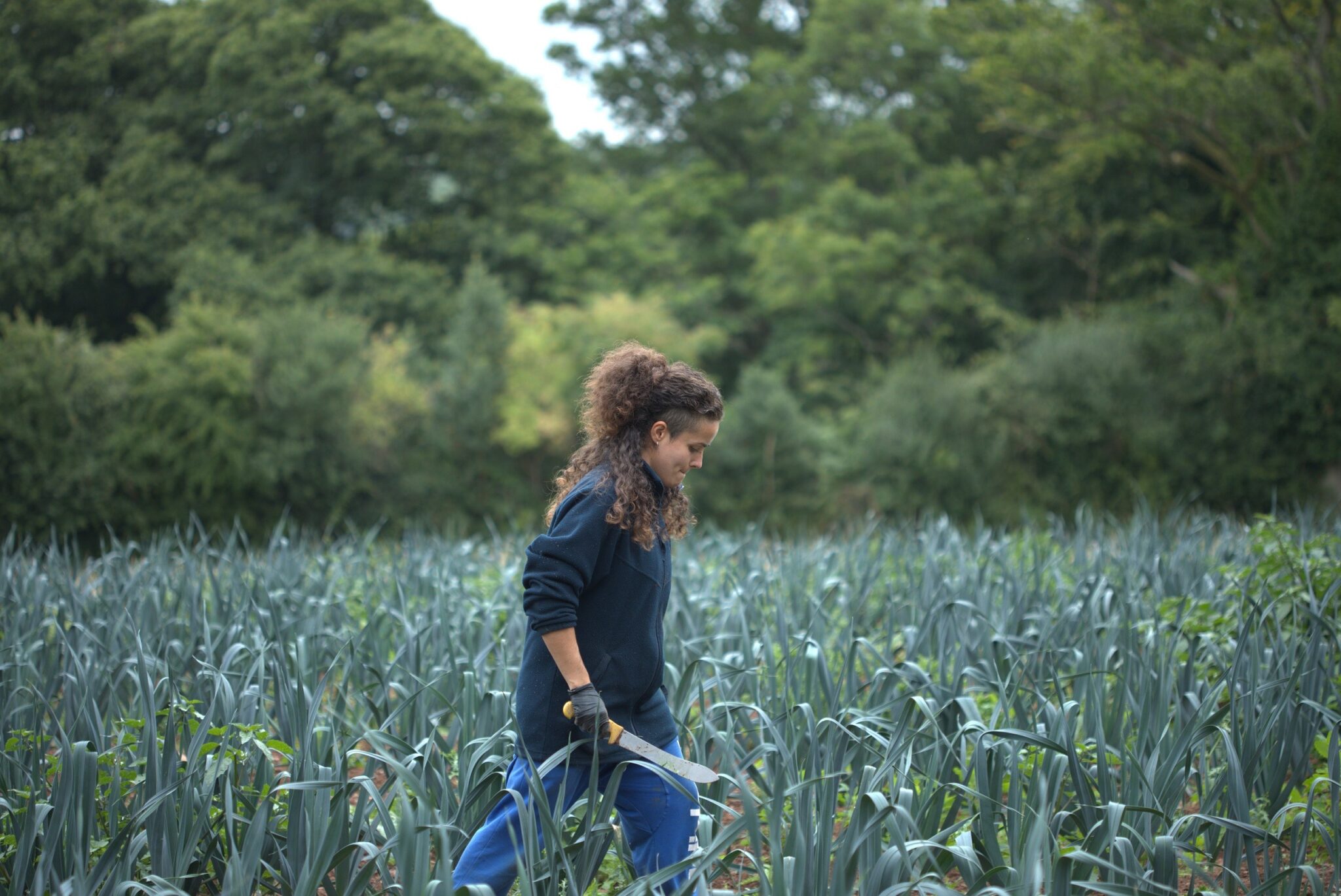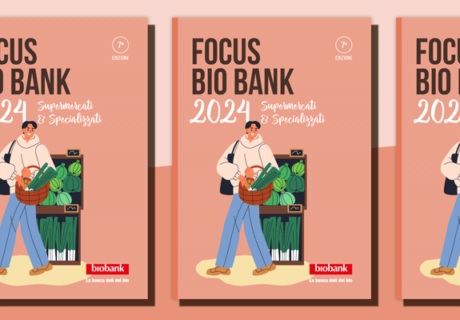The UK must double its domestic fruit and vegetable production to improve public health and address environmental concerns, according to a coalition of environmental and farming groups.
In an open letter co-ordinated by the Soil Association, TV presenters and influencers have joined voices from across the farming, food and environmental sectors to call on the new Prime Minister to back and scale up the UK horticulture sector.
The call to action has signed by prominent chefs Hugh Fearnley-Whittingstall and Anna Jones, author Dr. Chris van Tulleken, and farming influencer Sinead Fenton, amongst others, and highlights the critical state of British horticulture. The signatories warn that continued decline in UK fruit and vegetable production will lead to significant negative impacts on supermarket supplies, public health, and the environment.
This urgent appeal follows a report from the Soil Association, Sustain and The Wildlife Trusts, which advocates for increased consumption of locally grown, nature-friendly produce, such as organic fruits and vegetables. The report stresses the necessity of supporting farmers with fair deals to achieve sustainable food security and healthier diets.
The campaign underscores the current “vulnerability” of UK horticulture, noting that public health is at risk if the decline in domestic production persists. Currently, imports account for the majority of fruit and nearly half of the vegetables consumed in the UK, with fewer than a third of people meeting the recommended five-a-day intake. The campaigners are calling for government intervention to support sustainable British farmers and growers, proposing to double the land dedicated to horticulture in England from around 2% to 4% of farmland.
The letter says: “Across the country, growers of all scales are working tirelessly to achieve a simple but vital mission: to nourish people with good food. But the sector faces devasting decline. Nearly half of our growers fear for the survival of their businesses and fruit and veg consumption in the UK is at the lowest level in half a century. Less than a third of us eat our five-a-day.
“What’s more, the produce that does reach us is too often imported from countries that are increasingly impacted by extreme weather. Almost half of our veg and more than 80% of our fruit is imported. This cannot go on. We urgently need more – not less – home-grown fruit and veg, or we face further disaster for supermarket shelves, our health, and the environment.”
The Soil Association is encouraging the public to show their support for homegrown fruit and vegetables by signing a pledge on their website.
The report from Soil Association, Sustain and The Wildlife Trusts advocates for agroecological systems that work in harmony with nature, reducing the reliance on pesticides and artificial fertilisers. It also highlights the importance of moving away from farming on peat, which releases significant amounts of carbon and causes severe soil erosion.
They urge the government for investment in farmer-led research to support sustainable practices and explore crop production in wetland conditions, known as paludiculture. Additionally, the report stresses the need for better markets and fairer deals for farmers.
Report co-author and Soil Association senior policy officer Lucia Monje-Jelfs said: “British fruit and veg is in crisis. Our diets are costing the NHS billions every year and the countries we import from are being hit by the impacts of climate change. If we scaled up agroecological horticulture like organic, boosting access to healthy and sustainable food across the country, we could help to reverse the public health disaster, slash farming emissions, and restore wildlife. The new government must act to support the country’s growers.”
Vicki Hird, strategic lead on agriculture for The Wildlife Trusts and co-author of the report, said: “Transforming our fruit and vegetable growing sector is vital for our health, climate, nature and for the precious lowland peat habitats that are currently destroyed by growing these products. We need to ensure we can grow more fruit and vegetables everywhere – and do this using sustainable methods that don’t harm the climate, and that work alongside nature using integrated pest management. Growers need to be supported in this period of change and must be treated fairly in the marketplace so that the transition to nature-friendly growing can happen for the long term.”





